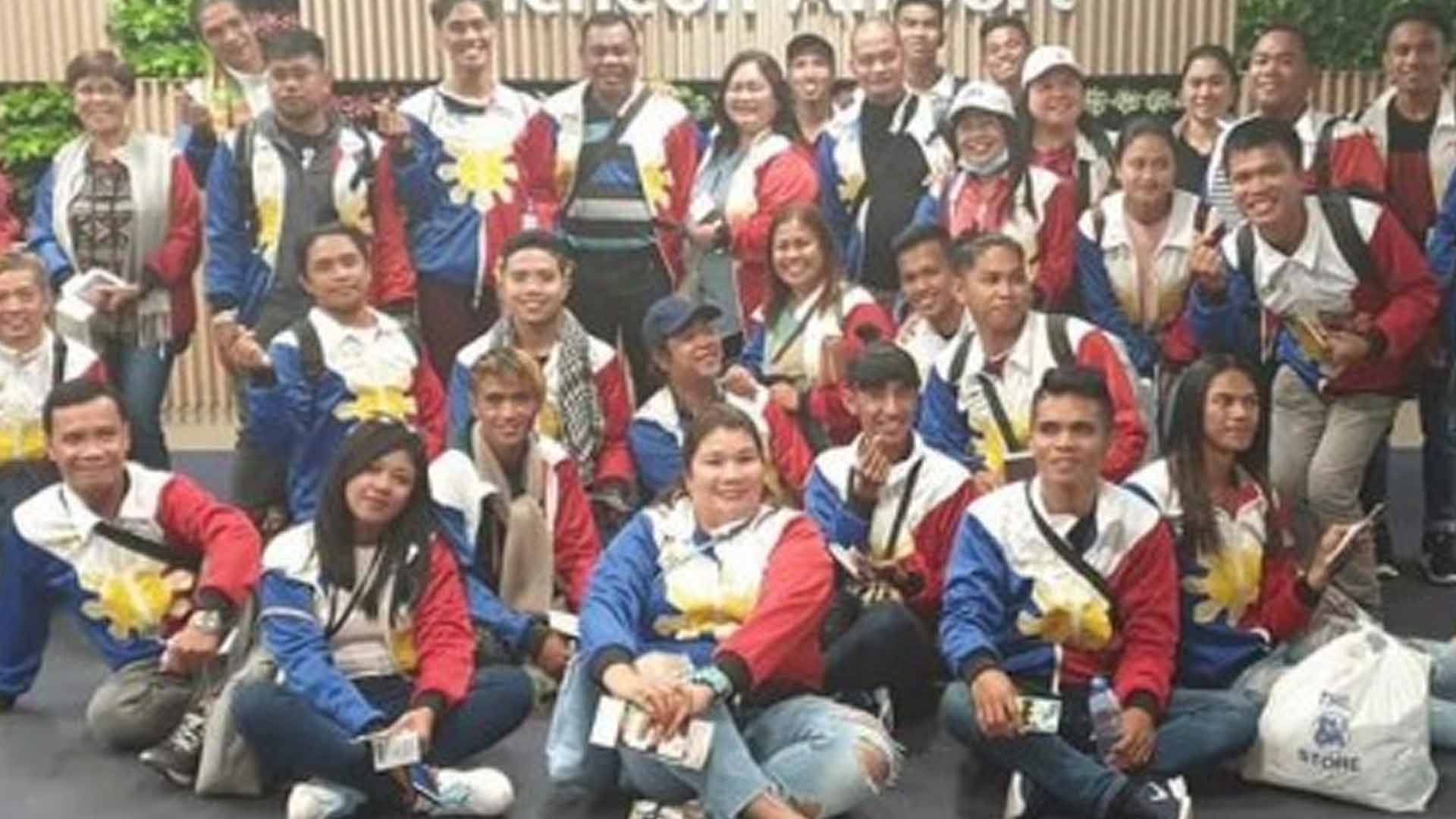The Bailes de Luces Festival performers of this central Negros municipality are making waves abroad.
After winning first place in the foreign category of the Wonju Dynamic Dancing Carnival in Wonju City, South Korea last month, the Negrense dancers will return to the East Asian nation in May next year to perform in the Seoul Lotus Lantern Festival.
Mayor Rhumyla Nicor-Mangilimutan said in a press briefing here on Wednesday that 10 dancers will fly to South Korea – all expenses to be paid by the organizers – to join the upcoming festival.
They have also been invited to perform in a tourism event in Hanoi, Vietnam next year.
“They have seen that Bailes de Luces is one of the festivals in the Philippines that is world-class,” Nicor-Mangilimutan said.
Earlier in Wonju, the Bailes team received a cash prize of 5 million won, equivalent to more than PHP200,000.
Bailes de Luces, or “Dances of Light”, is also the official festival of the municipality held during the Christmas season and culminates every January 5, coinciding with the town’s Charter Day.
During the street dance competition, the performers use LED lights as their main props. They wear bright and colorful costumes that emit light while they dance.
Meanwhile, this town’s other annual celebration, the Banana Festival, held in the first week of April, depicts its thriving banana production.
Nicor-Mangilimutan said they now need to regulate the shipping of bananas, particularly the “sab-a” or cardaba variety, from the municipality to sustain the production of saba sticks and banana strips.
Since there is a huge demand for these delicacies, they need a sufficient supply of raw materials, she added.
The mayor said they also source “sab-a” from neighboring localities and also from Negros Oriental to ensure a steady supply.
The production of banana sticks began two years ago as part of the livelihood program of the local government. (PNA)







